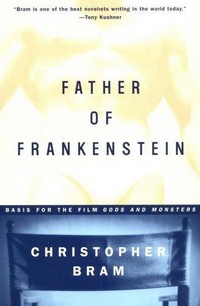 Dark Horse: The Surprise Election and Political Murder of James A. Garfield
Dark Horse: The Surprise Election and Political Murder of James A. Garfieldby Kenneth Ackerman
Carroll & Graf, 551 pages.
A book that should be required reading for anyone aspiring to a life in politics, Dark Horse is a surprisingly engaging historical epic that reads like a novel even as it delves into an under-appreciated turning point in 19th century Americana. Set in the stormy political years of 1880 - 1881, the book charts the rise of President James Garfield and sets about proving the thesis that his death by an assassin's bullet was as much a result of the era's political atmosphere as it was the assassin's own shattered ideals. If this idea sounds familiar, it should; it was the same one put forth this year after Jared Loughner's shooting spree in Arizona and it's just started again in the wake of Anders Behring Breivik's shootings in Norway: in both cases, a charged political atmosphere prompted disturbed people to take disturbing action. And this is just one of the eerie points of relevance between Dark Horse and the modern day: as we gear up for the 2012 Presidential election and the Republican National Convention, Mr. Ackerman's detailed portrayal of the 1880 convention - and the backroom deals that went along with it - will be of special interest.

